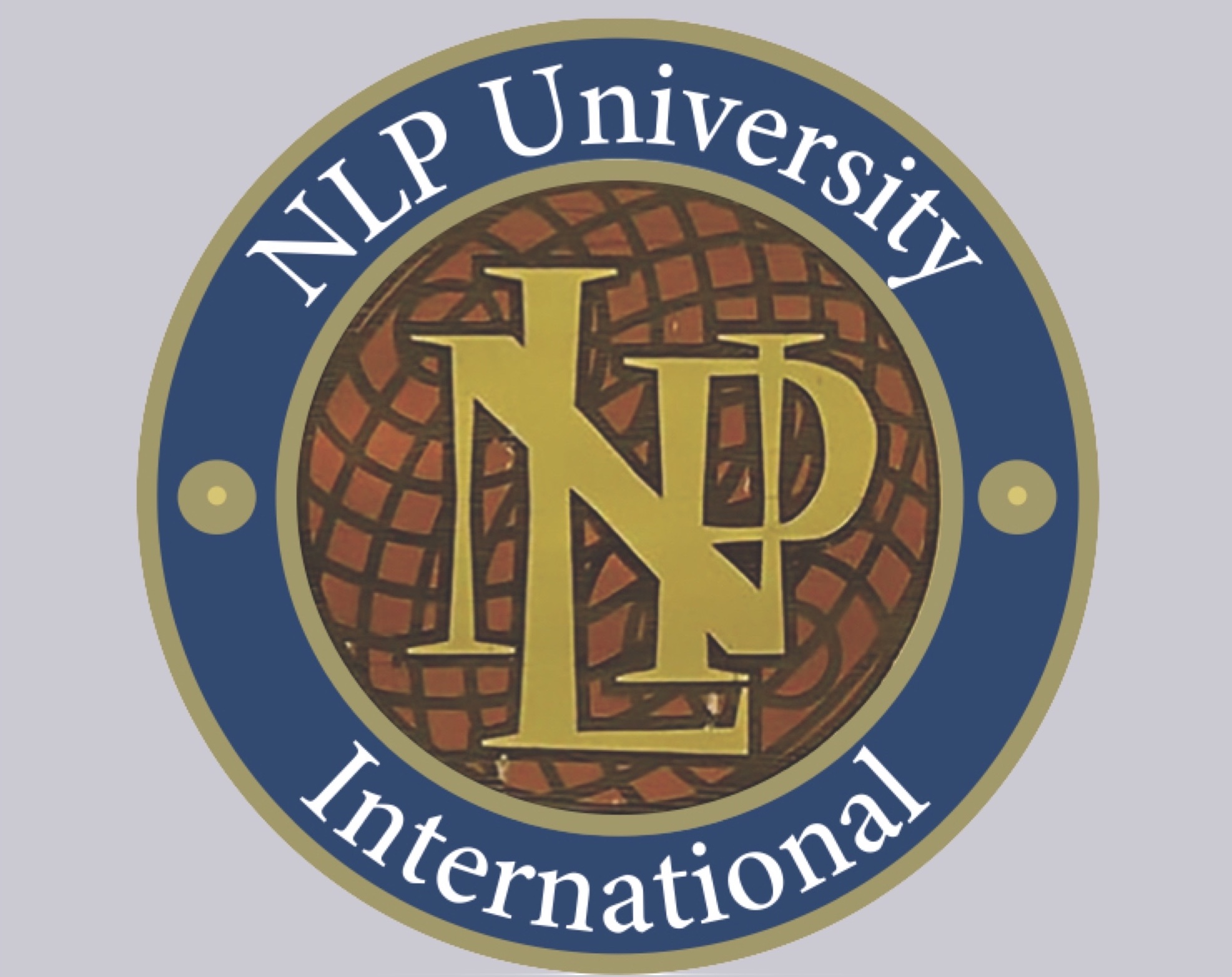Practitioner Certification
NLPU 100
Next Generation NLP
Photo: Jan Clarno 'Pacific Ocean Moon'
Course Schedule
The NLP University Practitioner Residential Certification Path is designed to provide participants with essential knowledge, skills and presuppositions to become an effective practitioner of Neuro-Linguistic Programming. Through experiential exercises, participants will discover how to recognize and utilize basic patterns of language, physiology and the nervous system to develop competence with fundamental NLP tools and techniques.
Some of the basic NLP skills participants will develop include:
- Identifying the Contexts, Goals, Evidence Procedures and Operations that form the fundamental strategies and programs' people use to organize their experience.
- Defining Well-Formed Outcomes.
- Strategies for Learning, Motivation, Decision Making and Creativity.
- Basic Procedures for Working with Representational Systems and Sub-Modalities.
- Basic Anchoring.
- Recognizing and Utilizing Basic Language Patterns.
- Recognizing and Utilizing Physiological Cues and States.
- Establishing Rapport and Communicating more effectively.
- Achieving and Maintaining States of Excellence.
The most effective process for actually acquiring or improving skills comes through experiential exercises which provide immediate feedback and are organized around what is known in NLP as the T.O.T.E.
The Practitioner Certification provides participants with the key goals, evidence procedures and behavioral operations necessary to:
- Recognize and Utilize Sensory Representational Systems and Submodalities.
- Identify Sensory Based Predicates.
- Detect Physiological Accessing Cues.
- Calibrate Key Mental and Emotional States.
- Establish and Maintain Rapport.
- Uncover Deeper Structures of Language through Meta Model Patterns and Questions.
- Establish Well-Formed Outcomes.
- Develop Anchoring Skills.
- Manage Personal States.
- Reframe Problematic Behaviors by Finding Positive Intentions.
- Elicit and Utilize Strategies of Excellence
- R.O.L.E. Model and B.A.G.E.L. Model.
NLP Practitioner Certification will be awarded to those who fully participate in the program and successfully complete assessment. The Practitioner Certification Program is the first serious class for everyone. This intensive NLP program enables and encourages transformative personal evolution.
Course Schedule

